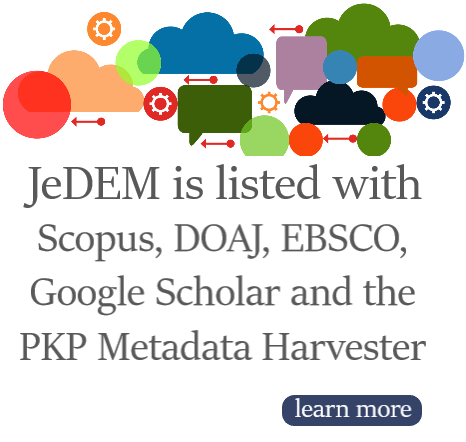E-Participation in the Philippines: A Capabilities Approach to Socially Inclusive Governance
DOI:
https://doi.org/10.29379/jedem.v9i2.461Keywords:
E-Participation, Web 2.0, E-Governance, E-Democracy, Capability ApproachAbstract
Information and Communication Technologies have the potential to transform the political landscape by engaging citizens in the governance process. Whether citizens find value in utilizing these technologies is contentious. This article examines the capabilities affecting citizen’s opportunities to achieve value through e-Participation in order to establish a framework that can foster these conditions. Previous e-Participation models have failed to capture this quintessence ideal, instead opting to take an access based approach to socially inclusive governance. The Philippines was selected for investigation based on its aggressive push to improve information and communication infrastructure, e-Government services and most notably, e-Participation. The main findings of this article show that Web 2.0 technologies such as Facebook have proven to be strong civic technologies for fostering e-Democracy but the government’s effort to deepen democracy through e-Participation has yet to materialize into value to the common citizen. This is due to inadequately written policies and paper freedoms not translating into real ones. This article breaks way from the traditional access based model for e-Participation by presenting a normative framework which draws on the existential capabilities of citizens. Cultivating e-Participation in such a way can empower citizens and strengthen the state through a deepening of democracy.Downloads
Metrics
Downloads
Published
How to Cite
Issue
Section
License

JeDEM is a peer-reviewed, open-access journal (ISSN: 2075-9517). All journal content, except where otherwise noted, is licensed under the CC BY-NC 4.0 DEED Attribution-NonCommercial 4.0 International













